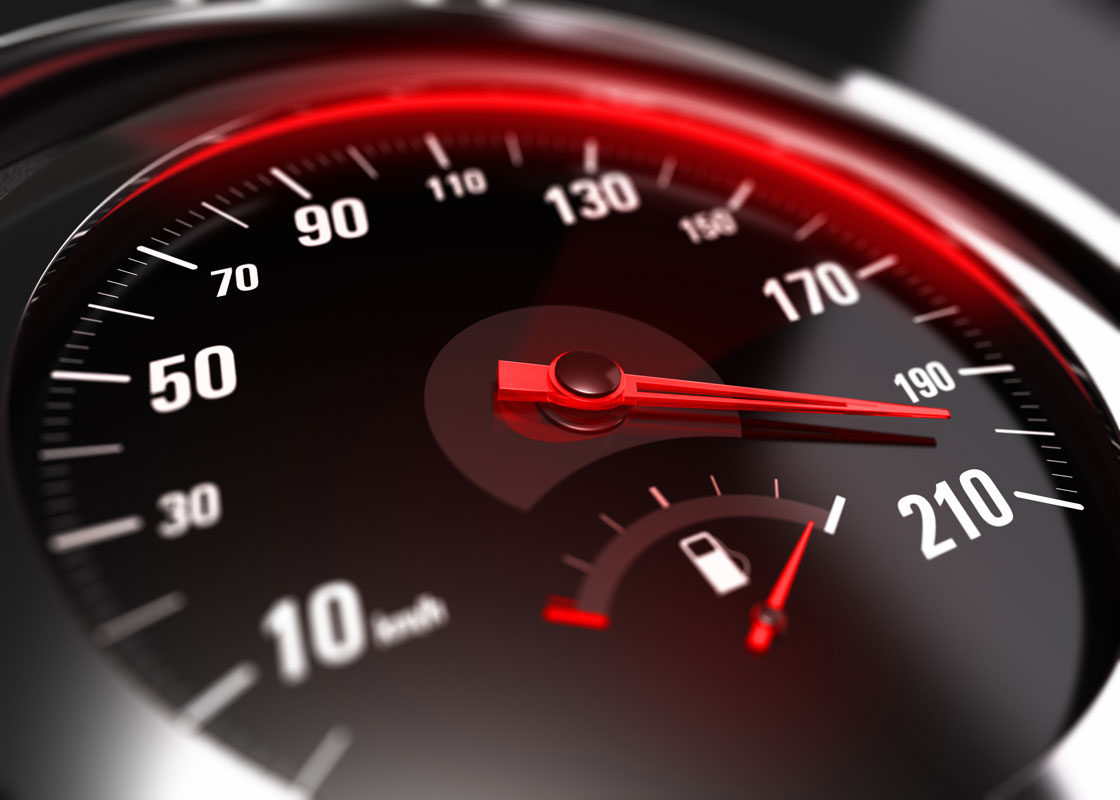Running late for work or a crucial meeting? You may find yourself pressing down on the accelerator pedal a bit harder than you usually would. In fact, very few drivers can honestly say they’ve never exceeded the legal speed limits. However, it’s essential to recognize that surpassing these limits can entail significant ramifications — especially depending on how much over the limit you are going.
Laws and regulations, particularly the Highway Safety Code, establish specific speed limits. Speeding simply refers to driving at speeds greater than these legal limits. As responsible citizens, we’re aware that disregarding the law can lead to repercussions, and the Highway Safety Code is no exception. The consequences can include the imposition of demerit points, fines, or a combination of both.
Understanding excessive speeding in Quebec
Speeding violations can be categorized into two groups: regular speeding and excessive speeding. These classifications can be perplexing, so let’s clarify them. Regular speeding entails simply driving above the posted speed limit. On the other hand, excessive speeding is more intricate.
Excessive speeding occurs when a driver surpasses the speed limit by:
- 40 km/h or more in areas with limits of 60 km/h or less,
- 50 km/h or more in areas with limits ranging from over 60 km/h to 90 km/h,
- 60 km/h or more in areas with limits of 100 km/h or higher.
The repercussions for this category of offence are considerably more severe. For a first offence, your driver’s license may be suspended for seven days immediately following the incident. If you are found guilty of this offence, it will remain on your driving record for 10 years, even if the demerit points are expunged after two years.
In the event of a recurrence within this 10-year timeframe, the penalties can escalate significantly. For instance, both the number of demerit points imposed and the fine amount can double.
Moreover, the cost of your driver’s license may also be affected based on the accumulation of demerit points.
Contesting excessive speeding tickets
In the province of Quebec, numerous photo radars are strategically placed to monitor and deter speeding. These speed cameras are typically positioned in areas where authorities believe there is a higher likelihood of motorists exceeding the speed limit. You can often spot these radars on the outskirts of highways or along busy thoroughfares.
Functioning much like surveillance cameras, photo radars automatically capture images of vehicles and their license plates if they are travelling at speeds above the authorized limit. The collected evidence is subsequently reviewed by a police officer who compiles an offence report. If the radar-obtained evidence strongly suggests a violation of the Highway Safety Code, the police officer forwards the case to the Offence and Fines Bureau. Subsequently, you will receive a speeding ticket by mail. Upon receipt of the ticket, you have a 30-day window to contest it.
However, did you know that authorities are required to notify or announce the presence of a photo radar device on the road to inform drivers that they are being monitored for speeding? It’s a form of transparency to let drivers know that they might be caught by the radar if they exceed the speed limit.
Additionally, if a driver is found guilty of a speeding offence based on evidence obtained from a photo radar, no demerit points will be added to their driving record as a penalty. In other words, while fines or penalties may apply, the driver’s demerit point balance won’t be affected for this specific type of offence.
What to do if you receive an excessive speeding ticket
The consequences of speeding, especially excessive speeding, can be significant. Therefore, it’s crucial to reach out to a traffic lawyer promptly. Our team will thoroughly assess the evidence against you. If a viable defence exists, we will work with you to secure the most favourable outcome for your case. In situations where no defence is available, we will negotiate your case to achieve the best possible resolution under the circumstances.







